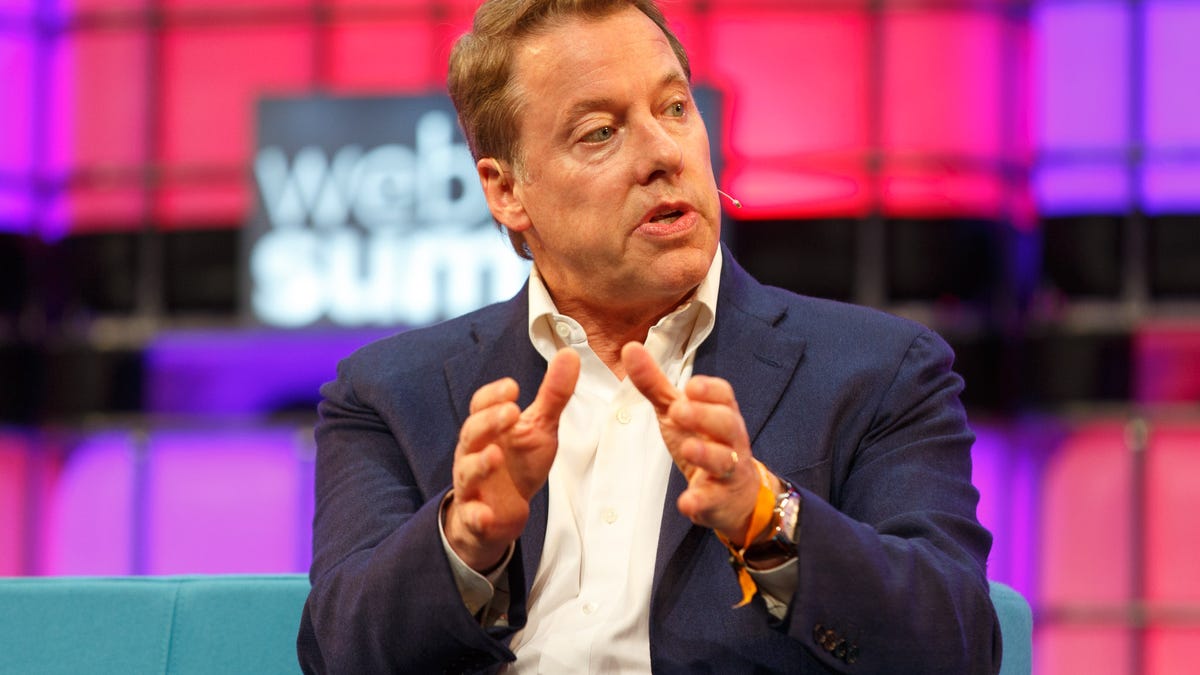Ford: We'll embrace the digital era, even if it hurts car sales
The executive chairman says his company will embrace digital-era changes affecting the auto industry, even if that means shifting toward transportation services and away from car manufacturing.
DUBLIN -- With California companies like Google, Apple, Uber and Lyft elbowing in on its turf, 112-year old Ford Motor wants a piece of the tech transformation of transportation.
Ford is one of the top three makers of cars and trucks in the US, but it's trying to broaden its horizons, company Executive Chairman Bill Ford Jr. said at the Web Summit tech conference here Tuesday.
"If you imagine a future of transportation as a service, that requires us playing in a lot of areas we don't play in today," Ford said. "It's going to happen anyway, and I'd like it to happen with us. Our business model is going to have to change."
What Ford calls transportation as a service is a complete rewriting of the rules of car technology. Instead of buying a car and driving it for a few years, people now can page cars as they need them with smartphone apps. This change could mean that fewer cars are sold and that cars spend a lot less time in parking lots or garages. Self-driving cars, while further in the future, could allow people to let go of the steering wheel and pick up their smartphones instead, transforming a car into a mobile office or entertainment center.
"The company that can stitch that together and make people's lives easier will emerge as a winner," Ford said. That's why the company is hiring programmers and electronics engineers and why it has opened a Silicon Valley lab to arrange partnerships with startups.
Other Ford projects include SUVs in India for pregnant women in rural areas. The vehicles are mobile communication stations that transmit health information to hospitals in urban centers, so mothers-to-be and doctors can monitor and discuss the pregnancy. Another project, in South Africa and Nigeria, sends cars to map areas that today are poorly mapped. The overall idea, he said, is to "turn a car from today's piece of transportation into something that will help make people's lives better."
Incumbent industries are famously bad at adjusting to the arrival of fast-moving technology companies. The taxi industry's displeasure with ride-hailing services such as Uber is a current example. Ford is determined to avoid this fate as computing technology infuses his business.
The arrival of Google and Apple in the industry is "awesome," said Ford, who is the great-grandson of company founder Henry Ford. "We are now at a point where we are at the threshold of a series of revolutions. Those change are going to happen with or without us. We'd like to have it happen with us."


